Google is once again pushing the boundaries of AI-powered smartphones with the launch of its latest Pixel 10 series. Announced during the Made by Google event, these devices are setting the stage for a new era of AI-driven smartphones, just weeks ahead of Apple's expected iPhone 17 reveal.
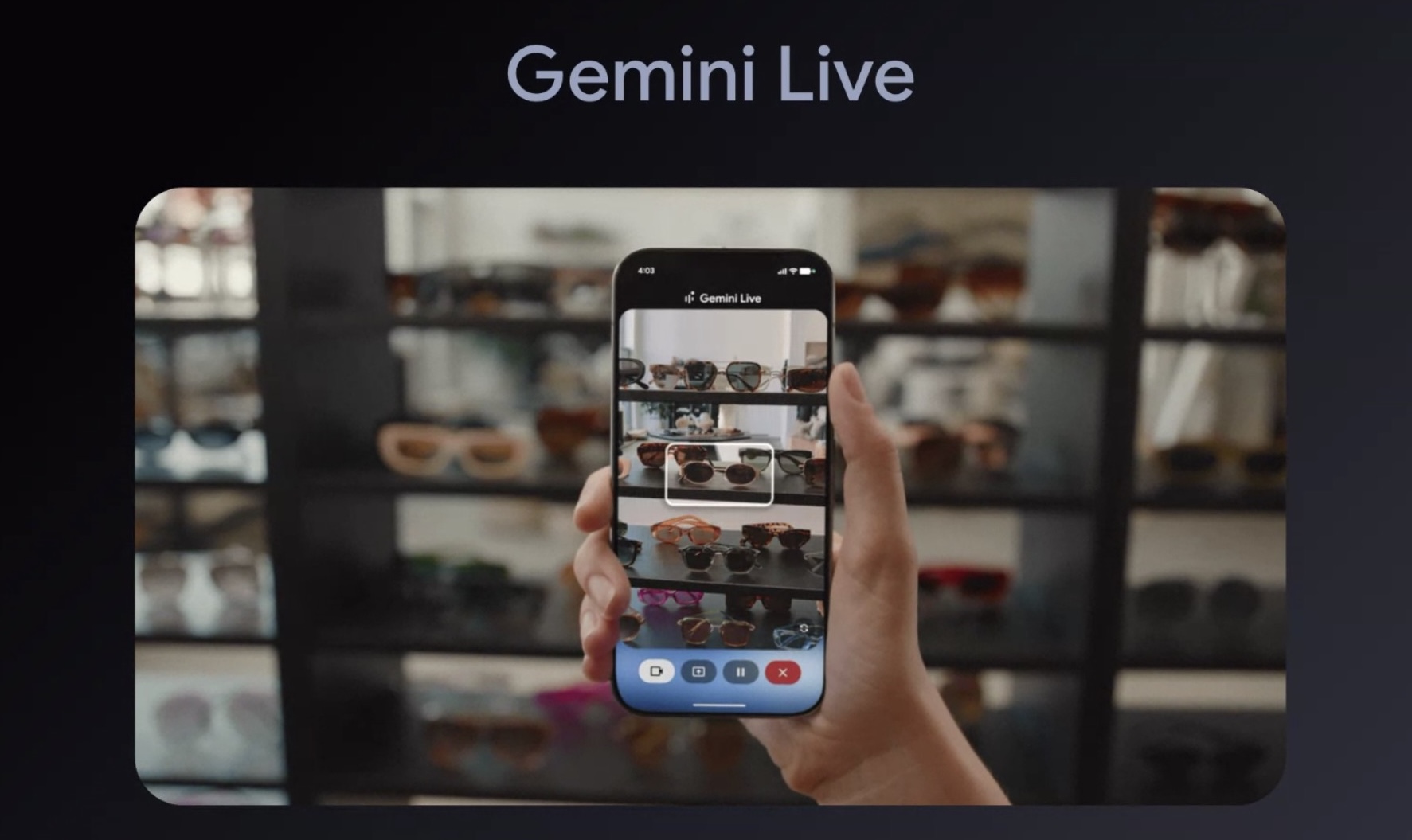
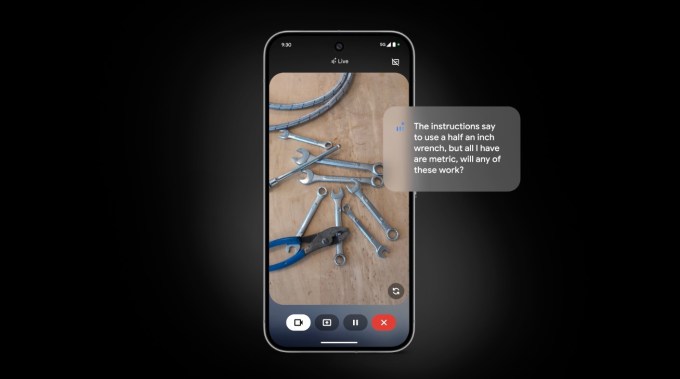
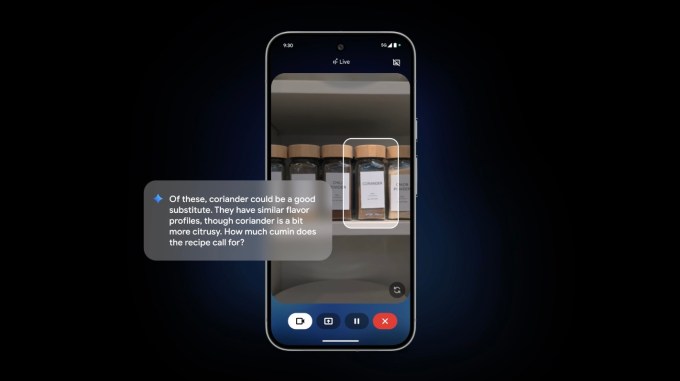
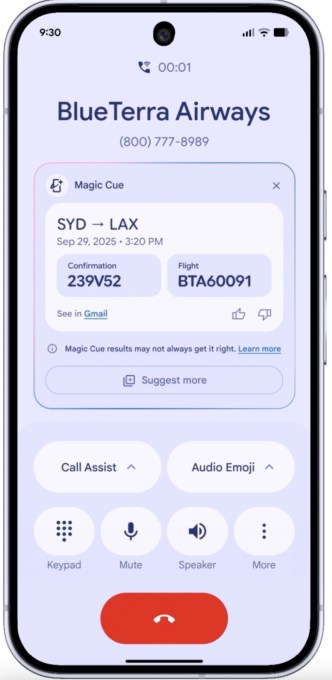





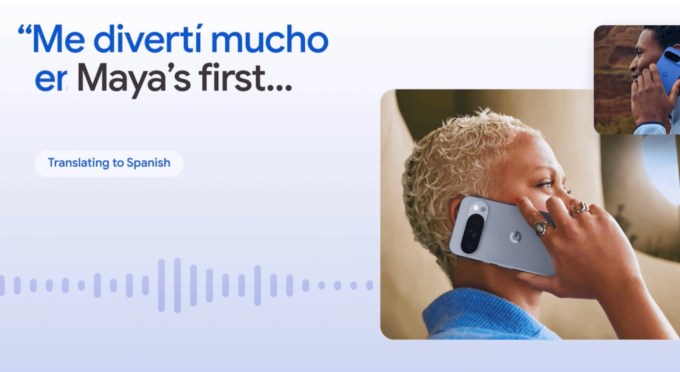
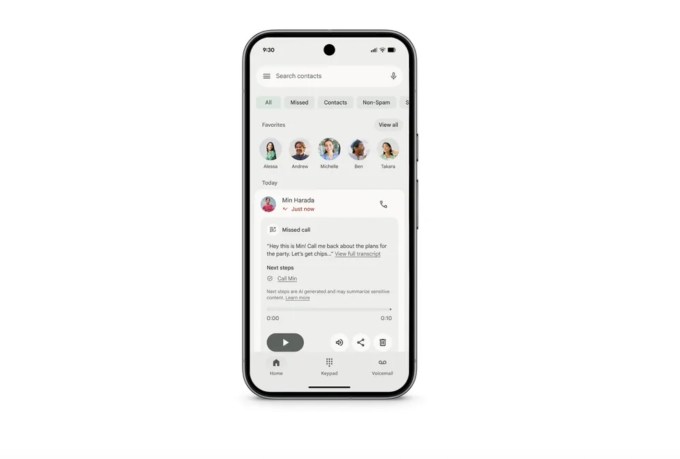
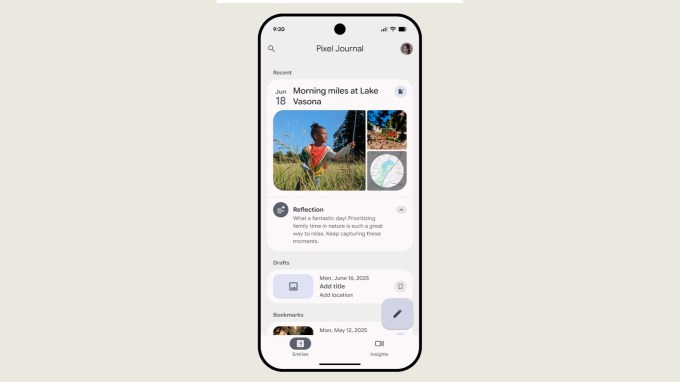
Last year, Google introduced a number of AI features in its Pixel 9 series, such as Gemini Live, image-generation tools, call notes, and searchable screenshots. This year, the tech giant is taking it a step further with even more AI-powered upgrades in the Pixel 10, including Visual Overlays for the camera, a proactive "Magic Cue" feature, Camera Coach, Voice Translate for calls, an assistant-like "Take a Message" feature, and Pixel Journal.
These updates showcase the capabilities of Google's latest AI technology, enhanced by its Tensor G5 processor. This custom silicon is designed for AI experiences and is the first to run Google's newest Gemini Nano model.
One of the standout features in the Pixel 10 series is Visual Overlays for Gemini Live. This feature allows Gemini Live to see what you see through your camera lens and provide guidance by highlighting things on your screen. For example, while traveling in a foreign country, you could hold up your phone to see if the street signs around offer information about parking along the roadside.
Another new feature, Magic Cue, lets the AI be more proactive by offering contextual suggestions in real time, across apps like Gmail, Calendar, Messages, Screenshots, and others. This feature inserts itself into your everyday apps and interactions, offering suggestions that appear within the app you're using, wrapped with a rainbow-colored outline to differentiate them.
Magic Cue is also able to surface reminders more intuitively, popping up notifications for errands you need to handle, suggesting topics you may want to research, or recommending new playlists to stream. At launch, Magic Cue's suggestions will be limited to select activities, but Google plans to add more options over time and let you configure which data sources the feature has access to.
In the Pixel 10 series, Google is also introducing Camera Coach, an AI-powered assistant that aims to make you a better photographer. This feature uses Gemini models to offer suggestions about how to better frame and compose your shot. You can even choose a "get inspired" option that will suggest scenes you may not have considered.
The camera will also recognize when you're taking a group photo and activate the "Auto Best Take" feature. This analyzes up to 150 images shot over several seconds to find the best one, whether that's a shot you snapped yourself or one made by blending others together via AI.
With the AI-powered "Ask Photos" tool, you can edit your shot to fix the lighting, change the framing, or remove an object from the photo by either speaking to or texting Photos' AI assistant. On Pro devices, the Pro Res Zoom option will also use AI to allow you to "zoom" in on things like architecture and landscapes at 30x-60x or 30x-60x for animals and wildlife.
The Pixel 10 phones will also be the first to implement C2PA, a standard that establishes the origin and edits of digital content. This will help to identify when photos have been modified by AI.
Another new AI feature, Voice Translate, will use on-device AI to translate your phone call in real time in what sounds like each speaker's own voice. This could be a potential game changer, particularly for business users and world travelers, if it works as well as described.
In the Pixel's Phone app, a new addition called Take a Message provides real-time transcripts for missed and declined calls and then uses AI to identify the next steps you need to take based on the caller's voicemail.
Pixel Journal, meanwhile, is Google's answer to Apple's Journal app, but one that uses AI to prompt you to share your thoughts, track your progress toward goals, and offer insights over time.
Other minor AI upgrades to the Pixel 10 lineup include writing tools integrated into the Gboard keyboard, updates to Pixel screenshots in Pixel Studio, and Notebook LM integrations with Recorder and screenshots. As Google continues to integrate its AI platform into its devices, the Pixel 10 series is a testament to the company's commitment to delivering cutting-edge AI-powered smartphones to consumers.